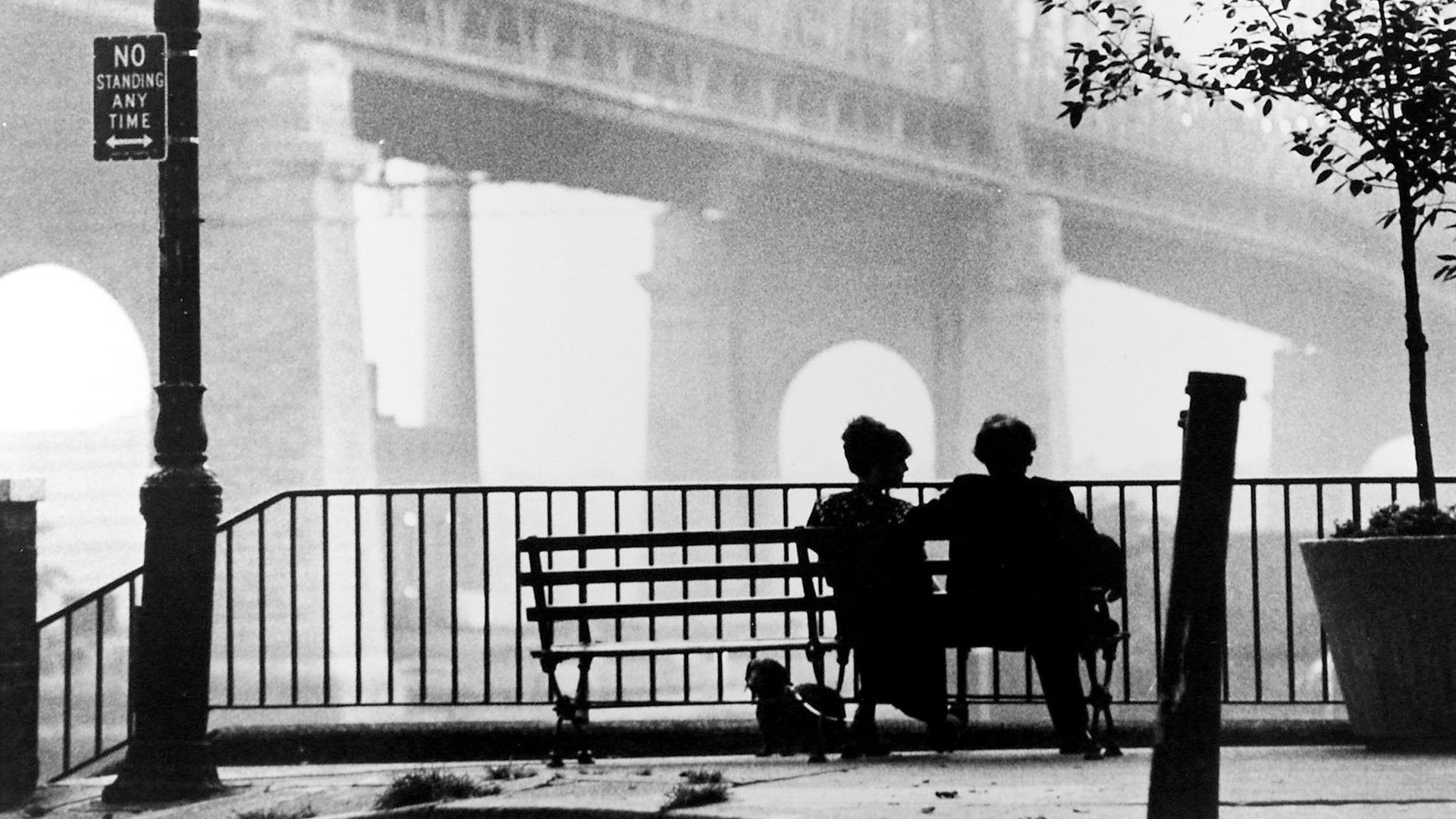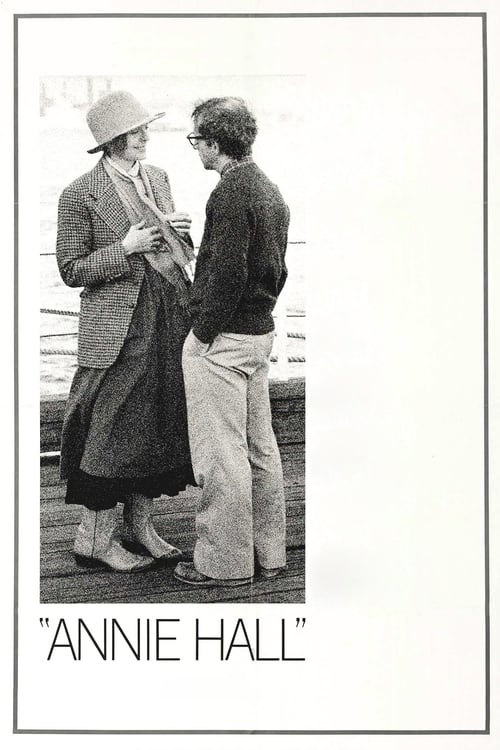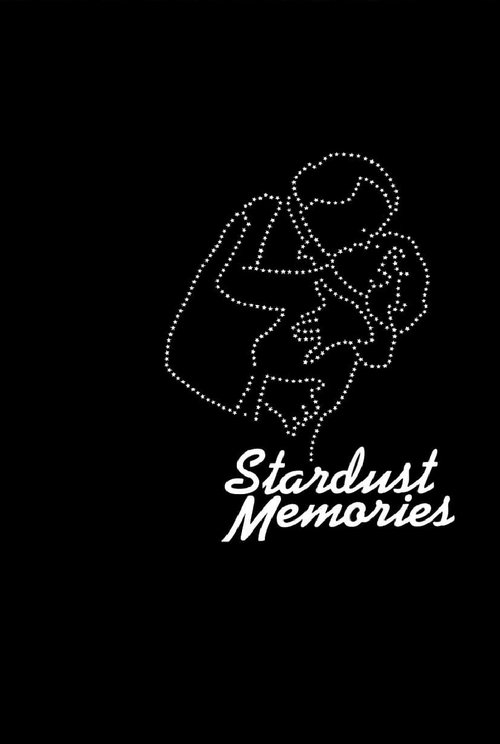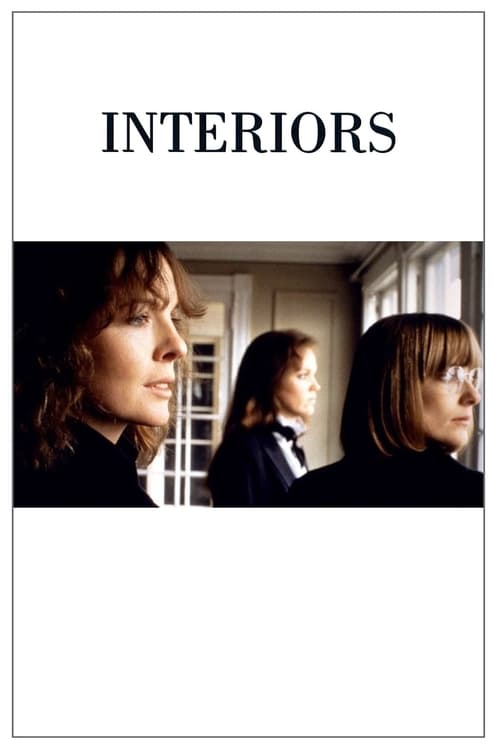
1979
Manhattan
Comedy, Drama, Romance
8.0
User Score
2573 Votes
Status
Released
Language
en
Budget
$9.000.000
Production
United Artists, Jack Rollins & Charles H. Joffe Productions
Overview
Manhattan explores how the life of a middle-aged television writer dating a teenage girl is further complicated when he falls in love with his best friend's mistress.
Review
tmdb47633491
8.0
Having seen this four or five times now since I was a kid, I can definitively say this is the best Woody Allen introduction for newcomers. Visually it's his best work (for those who don't know, the cinematographer Gordon Willis did The Godfather Parts 1 & 2 earlier the same decade, so it's no surprise). Not as insightful or engrossing as Hannah or Misdemeanors, but the writing's up there. Mariel Hemingway's a crown jewel and tears me apart. If you're a newbie and can watch this before Annie Hall I highly recommend it. It's aged much better and is _the_ Woody Allen litmus test
Read More 
FilipeManuelNeto
3.0
**In the shadow of “Annie Hall”.**
I decided to watch this film last week, after the visit that Woody Allen himself made to my country, with his jazz band and an interesting lecture at the National Cinematheque for invitations only. Despite having seen several of the director's films and not even considering him bad, he always seemed overvalued to me. He won the Oscar for Best Director and was nominated for the award a few times, but after “Annie Hall” he seems to have made several films using the same premise and based, exclusively, on couples with problems.
After seeing “Annie Hall”, I found it difficult to watch this film without feeling that Allen was plagiarizing himself and using the same formula to try to achieve the same success. For the intended purpose, it was a success, and it is difficult to find a professional critic who would say that “Manhattan” is poor, a chewed-up copy of a good film that earned Woody Allen the golden statuette. But that's what I feel, and professional critics and Allen fans forgive me, if they can.
In the film, Allen almost seems to play himself, in a similar way to what we saw in “Annie Hall” and which also includes, as usual, unorthodox humor and an apparent pleasure in talking about sex. Diane Keaton does a very well done job and is, by far, the best actress here, but even that ends up not being a complete justification for seeing this film instead of others, much better, by the same director. The auxiliary actors don't help much: they want to appear and be part of the project, and that seems to be enough for them.
Technically, the film has some points of value: considering this director's musical ear, it doesn't surprise me that the soundtrack is one of the points where Allen wanted to leave a mark of personal taste. And since he is a born New Yorker, it is clear that the film is a labor of love in which we see the affection that Allen has for his homeland, which he is prevented from visiting due to legal issues. Manhattan was lovingly treated, appearing in all its mythical and fascinating splendor, and George Gershwin's music could not be better chosen and more pleasant. All the editing works very well, even if the film is a little slow. There's only one thing I don't understand: why did Allen decide to film in black and white and with so much grain? The question remains unanswered.
Read More 



